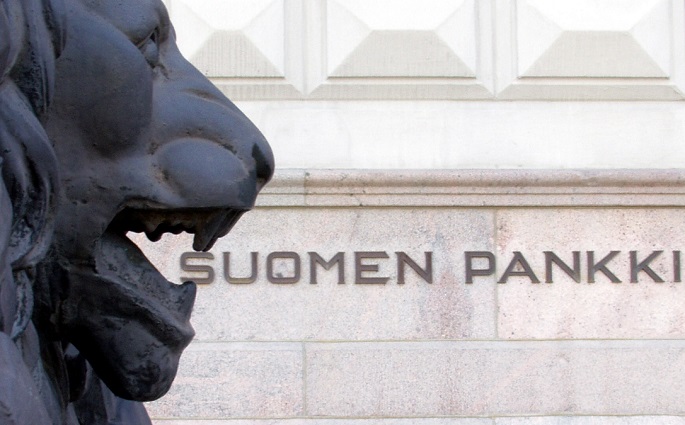Bank of Finland forecasts
Russia´s attack on Ukraine to slow GDP growth, hike inflation
Published : 12 Mar 2022, 03:06
Updated : 12 Mar 2022, 03:09
After last year’s positive economic growth, a shadow has now been cast by Russia’s illegal invasion of Ukraine, according to the economic forecast released by the Bank of Finland on Friday.
This has brought increased uncertainty, and there has been a strong surge in energy and commodity prices.
The Russia-Ukraine war will have a material impact on economic activity and inflation through higher energy and commodity prices, the disruption of international commerce and weaker confidence.
However, the underlying conditions for the euro area economy are solid, helped by ample policy support.
Inflation in the euro area increased to 5.8% in February and is feared to rise further in the near term.
Energy prices continue to be the main reason for this high rate of inflation. Market-based indicators suggest that energy prices will stay high for longer than previously estimated, said the Bank of Finland in the forecast.
“The economic effects of the war are very uncertain, as they will depend essentially on both the duration and the extent of the conflict,” said Bank of Finland Governor Olli Rehn.
“An enormous human tragedy and humanitarian disaster is under way in Ukraine. It is paramount now that the people of Ukraine be supported and helped. Europe has demonstrated its unity, also by rapidly imposing economic sanctions on Russia at an unprecedented level. The war will compel Europe and Finland to reshape their economies and to intensify economic and security policy cooperation,” said Rehn.
The Governing Council of the European Central Bank (ECB) considers that the gradual normalisation of monetary policy can continue. The calibration of net purchases of securities will be data-dependent and reflect the Governing Council’s evolving assessment of the outlook.
“Any adjustments to the key ECB interest rates will take place some time after the end of the APP net purchases and will be gradual,” said Rehn.
In the current year, Finland’s economic growth will slow to between 0.5% and 2%. Due to the exceptional situation, instead of an interim forecast the Bank of Finland is publishing two scenario calculations on the potential effects of the crisis on the Finnish economy.
In the first scenario, in which the effects on economic growth and inflation are limited mainly to 2022, Finland’s GDP growth would be around 2%. In the second scenario, Finland’s export markets weaken more and energy and raw material prices remain high for longer, on account of the war.
The economy adjusts only slowly and finding replacements for the loss of the Russian market takes time. Under this scenario, Finland’s GDP growth could be as little as around 0.5% over the period 2022–2023.
In both scenarios, inflation in Finland is expected to rise this year to between 4% and 5%, as a consequence of the rise in energy and commodity prices.
Russia is now sinking into a deep economic crisis. The financial crisis, restrictions on movements of capital and the extensive exit from Russia of foreign corporations will lead to a sharp fall in the standard of living and in investments.
The Russian economy could contract by around 10% in the current year. The value of Russia’s imports is estimated to collapse by around 50%.


